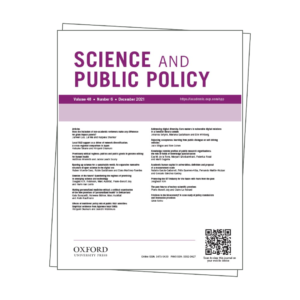The investment and excitement surrounding self-driving vehicles are huge. We know from earlier transport innovations that technological transitions can reshape lives, livelihoods, and places in profound ways. There is therefore a case for wide democratic debate, but how should this take place? In this paper, we explore the tensions between democratic experiments and technological ones with a focus on policy for nascent self-driving/automated vehicles. We describe a dominant model of public engagement that imagines increased public awareness leading to acceptance and then adoption of the technology. We explore the flaws in this model, particularly in how it treats members of the public as users rather than citizens and the presumption that the technology is well-defined. Analysing two large public dialogue exercises in which we were involved, our conclusion is that public dialogue can contribute to shifting established ideas about both technologies and the public, but that this reframing demands openness on the part of policymakers and other stakeholders. Rather than seeing public dialogues as individual exercises, it would be better to evaluate the governance of emerging technologies in terms of whether it takes place ‘in dialogue’.
 PAVE US
PAVE US PAVE EUROPE
PAVE EUROPE PAVE UK
PAVE UK

